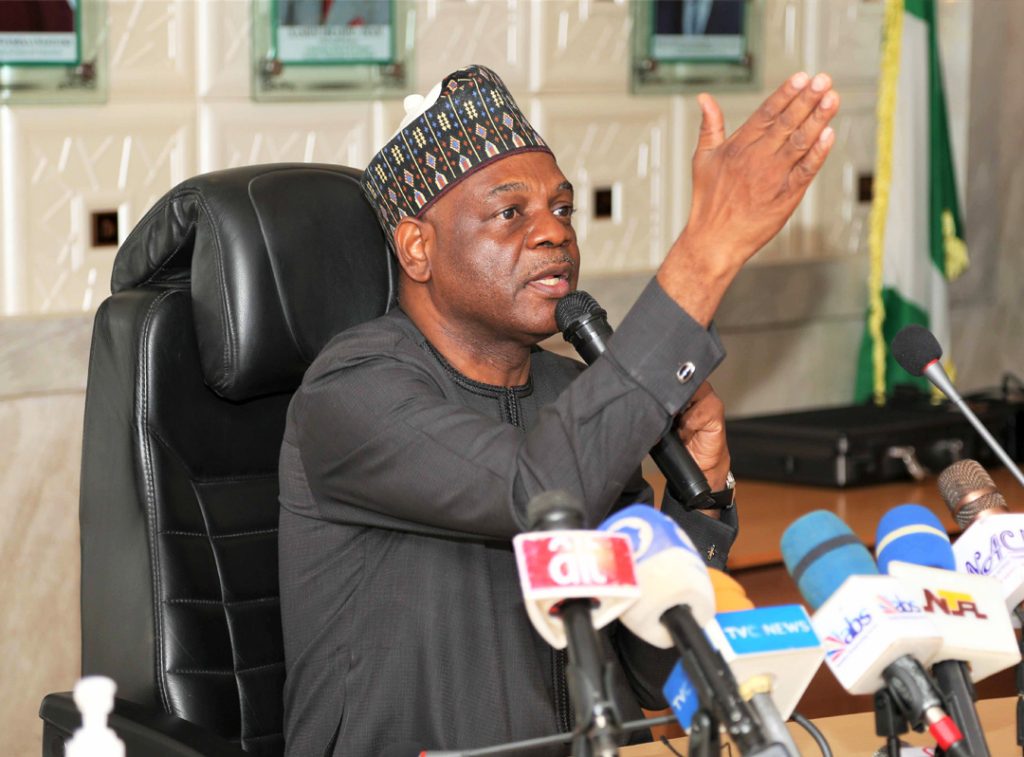The Tertiary Education Trust Fund (TETFund) has strengthened its commitment to enhancing Nigeria’s educational landscape by forging a partnership with British institutions. This collaboration aims to promote transnational education, fostering knowledge exchange and capacity building within Nigerian higher education institutions.
Redirecting Funds for Local Capacity Building
TETFund has announced a strategic shift, reallocating funds from its previously suspended overseas scholarship program. These resources will now support in-house training and faculty development to improve the quality of education in Nigeria. The Executive Secretary of TETFund, Arc. Sonny Echono, made this known during a meeting with a delegation from the British Council, led by its Director of Global Network, Charlie Walker.
Echono highlighted that the initiative would facilitate knowledge sharing, collaborative research, and exposure to global best practices, equipping Nigerian academics with the tools to enhance local education standards. “Our partnership with British institutions will provide the necessary support for Nigerian universities to offer high-quality programs, reducing the need for foreign education,” he said.
Strengthening Bilateral Relations in Education
Recognizing the deep historical ties between Nigeria and the United Kingdom, Echono expressed appreciation for the British Council’s ongoing efforts in promoting transnational education. He emphasized that TETFund is working closely with stakeholders to establish a structured framework for implementing these programs.
“We have developed a working template and are in discussions with key stakeholders. TETFund will support partner institutions in meeting necessary requirements and ensure that resources are adequately provided,” Echono stated.
He further explained that while transnational education has multiple dimensions, TETFund is committed to funding institutions that align with these new educational strategies. “This initiative is timely. By policy, we have suspended sending scholars abroad. While those already enrolled in foreign programs will complete their studies, our focus for the next few years is on in-house training,” he added.
Leveraging International Expertise for Local Impact
Echono underscored the need for Nigerian institutions to tap into the expertise of international partners, particularly in emerging technologies and innovative teaching methods. He noted that collaborating with well-established British institutions would enable Nigeria to adopt global best practices efficiently.
“We want to leverage the experience and exposure of our partners, particularly in new technologies and modern teaching techniques. This approach will help us accelerate progress in our educational sector,” he remarked.
TETFund is also working closely with the National Universities Commission (NUC) to monitor the progress of these partnerships. Echono assured that as soon as the initiative moves into the implementation phase, TETFund will extend financial and structural support to Nigerian institutions to ensure they meet the required standards.
British Council’s Commitment to Transnational Education
Charlie Walker, speaking on behalf of the British Council, reiterated the importance of transnational education in bridging knowledge gaps and fostering global cooperation between Nigeria and the United Kingdom. He emphasized that the collaboration would promote cultural exchange, research development, and skill enhancement for Nigerian students and academics.
“The UK-Nigeria relationship has a rich history of collaboration in education. Transnational education is a core focus for us, as it aligns with our mission to connect students, teachers, and academics between both nations,” Walker stated.
He further noted that British institutions have played a crucial role in opening up international study opportunities for young Nigerians. “Collaboration between British and Nigerian universities will be highly beneficial, particularly in research, teaching, and skills development. We are excited about the pilot programs set to be launched across Nigeria’s six geopolitical zones,” he added.
Walker affirmed the British Council’s commitment to supporting the implementation phase, working alongside TETFund and relevant government agencies. “We are keen to see British institutions actively participate in this pilot program, ensuring its success,” he emphasized.
Next Steps and Future Prospects
As Nigeria pivots toward enhancing local educational capacity, this partnership marks a significant milestone in reducing reliance on foreign institutions. With TETFund’s strategic funding reallocation and the British Council’s commitment to knowledge exchange, Nigerian universities are poised to benefit immensely.
The delegation accompanying Walker included the British Council’s Country Director, Donna McGowan; Director of Programmes, Chikodi Onyemerela; and Head of Higher Education Programme, Daniel Emenahor.
This initiative underscores Nigeria’s dedication to strengthening its educational framework while fostering international collaborations that will shape the future of higher education in the country.
For more updates on transnational education and related initiatives, visit Issue N Fact.

